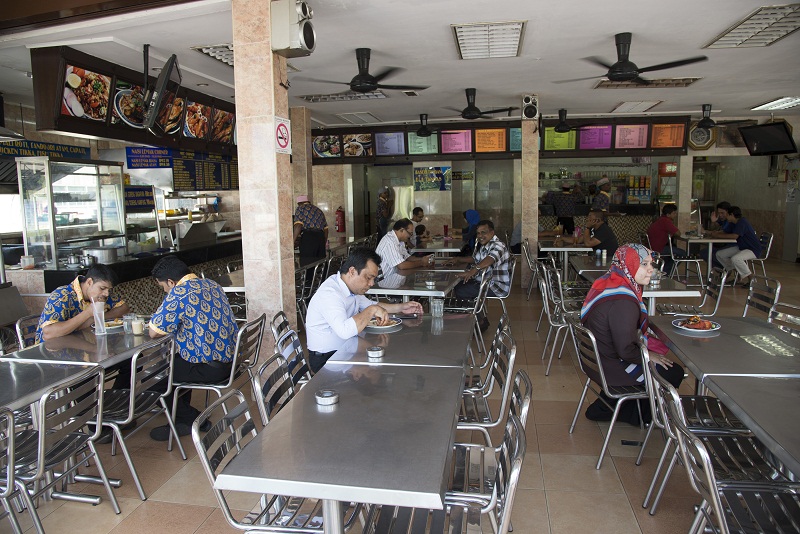THE Federation of Malaysian Business Associations (FMBA) has slammed the Government for “ignoring” its request to extend a COVID-19-era law that provided special protections for businesses against their creditors.
The country’s leading and largest national intermediary between the Government and business entrepreneurs was referring to the Temporary Measures for Reducing the Impact of Coronavirus Disease 2019 (COVID-19) Act 2020 (Act 829), which expired yesterday (Oct 22).
Section 7 of the Act disallowed parties such as banks to exercise their contractual rights if contractees were unable to perform any contractual obligations, such as paying their debts, as a result of the Government’s measures taken to control the spread of COVID-19.
The law applied to those working in the construction, property, events, tourism and religious pilgrimage sectors and industries.
Part II of Act 829, which includes Section 7, was extended at least four times since the law was gazetted during the height of the pandemic back in 2020. But as the nation transitions to an endemic stage, it would appear that the law is no longer necessary.
This notion, however, was rubbished by the FMBA, pointing to feedback from its members who are struggling to recover in their respective industries as a result of being affected by the COVID-19 pandemic and “threats” to the industry that have “still failed to be resolved”.
“We are of the opinion that when Act 829 is stopped, businesses that have been affected by the COVID-19 pandemic will no longer have special protection against their creditors,” FMBA chairman Datuk Abdul Malik Abdullah said in a statement.

Malik said this was “clearly proven” when the Act was “almost withdrawn” last year and banking or financial institutions started pressuring businesses in a bid to regain loans owed “without looking and/or considering” the current economic situation of the businesses, some of which are heading towards bankruptcy.
Blacklisted
“The matter has affected the score of the financial position of those businesses as they have been listed in credit reporting agencies and/or financial information systems as well as with the Insolvency Department,” he lamented.
He explained that settling the businesses’ debts will take time, adding that being blacklisted in these systems bars them from being involved in future businesses, which will affect the economy in turn as businesses that can recover and return to competitiveness are forced to close.
“With Act 829, banking or financial institutions cannot take legal action to declare bankruptcy on those businesses, and even payments may be suspended under the said Act,” he noted.
“Furthermore, this Act was aimed at providing special protection to those businesses from banking or financial institutions as well as property owners by enabling them to postpone the execution of private contracts or performance bonds as mentioned in Section 7 of the Act.
“Therefore, after evaluating and considering all the responses from the members of the FMBA, we call on the Government to extend the enforcement of Act 829 and introduce a special moratorium to give space to their businesses to re-strengthen the financial flow of their respective businesses that still cannot recover due to the current economic situation.”
Malik further called on all parties to be aware of the serious consequences that will befall the nation if Act 829 is not extended as before.
“Business owners, in particular, and ordinary people, in general, need support and not pressure in jointly driving their respective businesses towards recovery and excellence in line with the Government’s efforts,” he added, “while failing to take immediate action will cause businesses and ordinary people to be affected.” – Oct 23, 2022
Main photo credit: Malay Mail









